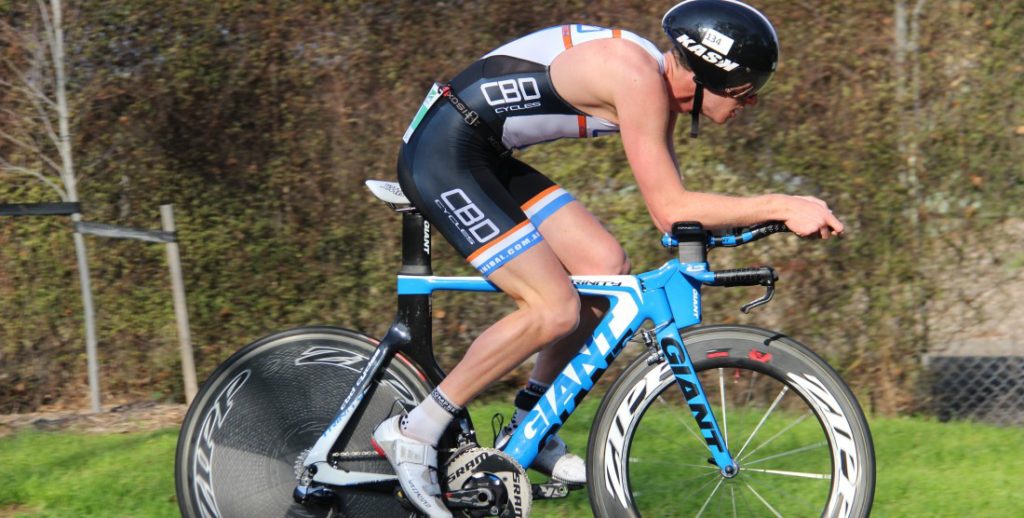Finding the right mix of training-work-family life balance is generally very challenging for age group triathletes. Depending on your triathlon goals and race distance, some may find themselves training and working upwards of 60hrs per week total.
So how many hours of training do the pros put in each week?
We found out from 3 x ITU World Champion and dual Olympian Peter Robertson (training for long course), young (ex) long course pro Tom Rodgers and ITU turned 70.3 athlete, Mitchell Kibby. When this blog was written, all of these athletes had key races fast approaching and we thank them for taking some time out to provide us with an insight into their training.
Peter Robertson:
Tom Rodgers:
Mitchell Kibby:
Ryan Bourke
C-Director i4 Coaching | Tri Coach
Peter Robertson: 
- Total Training Hours – 28hrs
- Swim km – 18km
- Bike km – 450km
- Run km – 85km
- Rank 1-10 (1 = easy week, 10 = very heavy week) – 8
- Av sleep per night – 7.5hrs
- Av number of coffees per day – 2
Web:www.eliteperformingminds.com
Facebook:Elite Performing Minds
Tom Rodgers:
- Total training hours – 30 hours
- Swim km – 20.5km
- Bike km – 490km
- Run km – 83km
- Rank 1-10 (1 = easy week, 10 = very heavy week) – 9
- Av sleep per night – 9hrs
- Av number coffees per day – 3
Mitchell Kibby: 
- Total training hours – 23.5
- Swim km – 25km
- Bike km – 290km
- Run km – 67km
- Rank 1-10 (1 = easy week, 10 = very heavy week): 8
- Av sleep per night: 8hrs
- Av number coffees per day: 0
- Although many professional triathletes also work part-time jobs to support their lifestyle, flexibility of training logistics (time, location etc) are generally very flexible, equaling greater number of hours/km weekly.
- Average sleep hours are greater allowing for greater recovery capacity. Living off less than 7hrs of sleep a night certainly can be very fatiguing long term = poor training performance.
- Caffeine intake is relatively low (we are sure compared to some of us) which enables fatigue to be identified and not masked. Running off caffeine can be a detriment to recovery capacity and a true understanding of how the body is tracking.
